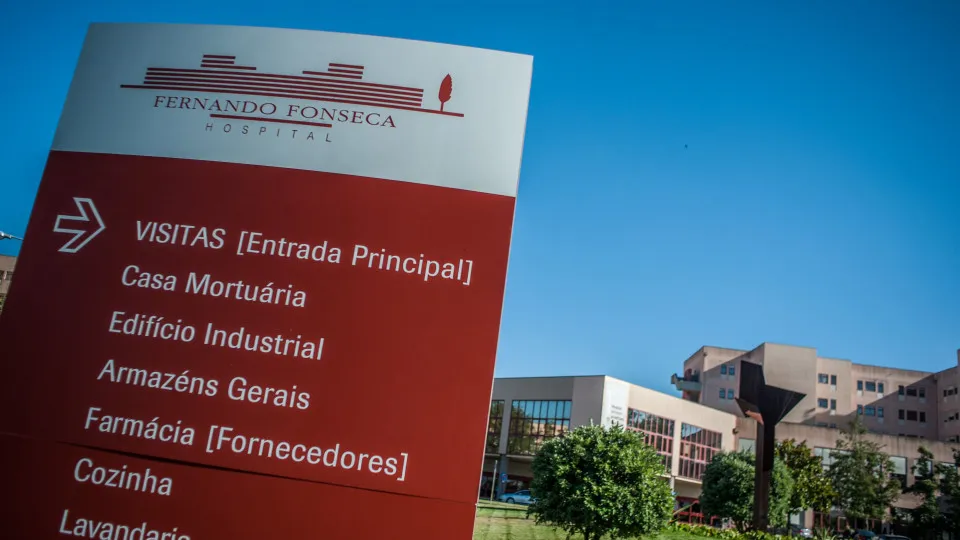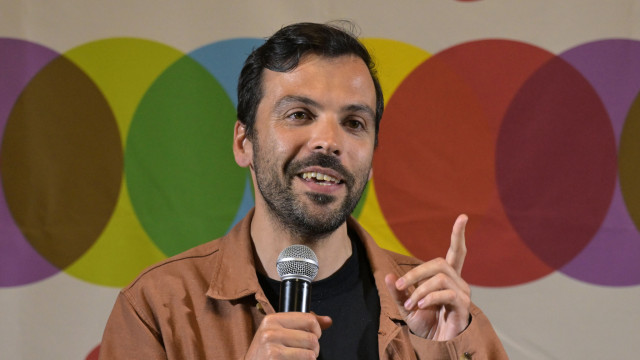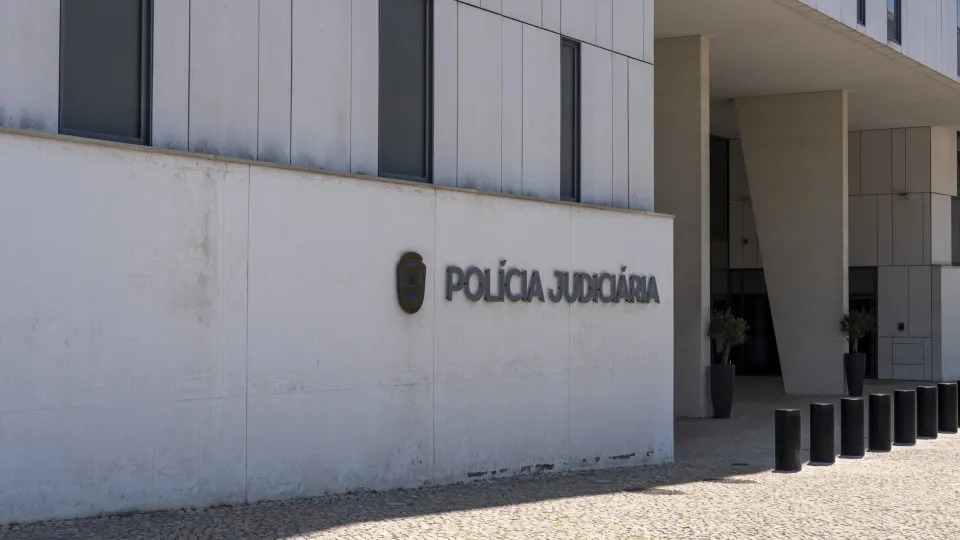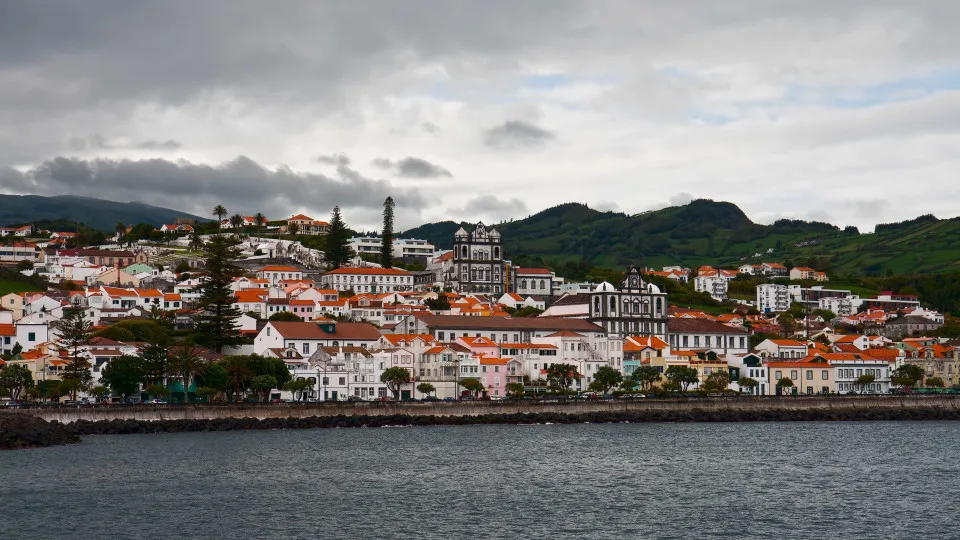
The upcoming event will feature prominent figures from the literary and culinary worlds, including Óscar Geadas and Virgílio Nogueiro Gomes, both hailing from Bragança, as well as Fernando Alvim and Mário Augusto.
Under the theme ‘Letter of Letters: Literature, Culture, and Gastronomy’, the festival is set to take place from Wednesday to Saturday, extending across the region. Traditional venues include the municipal library, villages, schools, and the two prisons in the municipality, located in Bragança and the town of Izeda.
“With this festival, we can demonstrate how literature preserves gastronomic heritage and how gastronomy can enrich writing and develop that skill,” explained Fernanda Vaz Silva from Bragança’s municipality, who is overseeing the event. She described the theme as “outside the box.”
Author and communicator Fernando Alvim will be present on Thursday. In addressing the two themes, he immediately drew a connection: “No one writes while hungry,” he remarked. “Or rather, they write, but they write poorly. I think people write better when they’re well-fed. There are also many books about gastronomy. I would say that the books with the best design currently are those on gastronomy,” Alvim continued.
Chef Óscar Geadas, who has been in the profession for over 20 years and has been recognized by the Michelin Guide, will participate in an event titled “literary and gastronomic meetings” on Friday.
“We must not forget that gastronomy is culture. In our region, in Bragança, we have clear evidence of this,” he began, providing examples of iconic products from the Trás-os-Montes region such as alheira or butelo, the latter once known as the “sausage of the poor,” made from the less noble parts of the pig.
“This is culture: the knowledge passed down from generation to generation, the know-how, the cultural stories of typical regional recipes […]. Gastronomy and culture have walked hand in hand throughout the centuries,” Óscar Geadas emphasized.
Gastronomer Virgílio Nogueiro Gomes, author of several titles including the recent ‘New Dictionary of Portuguese Cuisine’, will open the exhibition ‘Women in Portuguese Cuisine’ on the festival’s first day.
The culinary presence in Camilo Castelo Branco’s work will also be explored with the book by writer Elzira Queiroga ‘At the Table with Camilo’.
The project ‘Poetry Has No Bars’, an inclusion initiative since 2003 that employs writing, reading, and artistic experimentation, will also feature in the prisons of Bragança and Izeda.
Poetry will literally be part of some tables. A handful of local restaurants will host recitals, disclosed at the last minute to surprise the day’s patrons.
The full program is already available.




